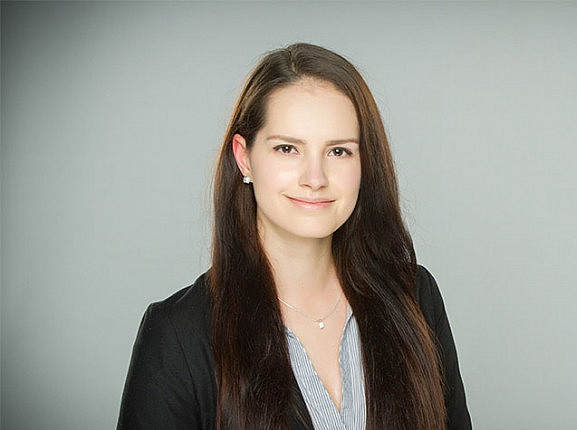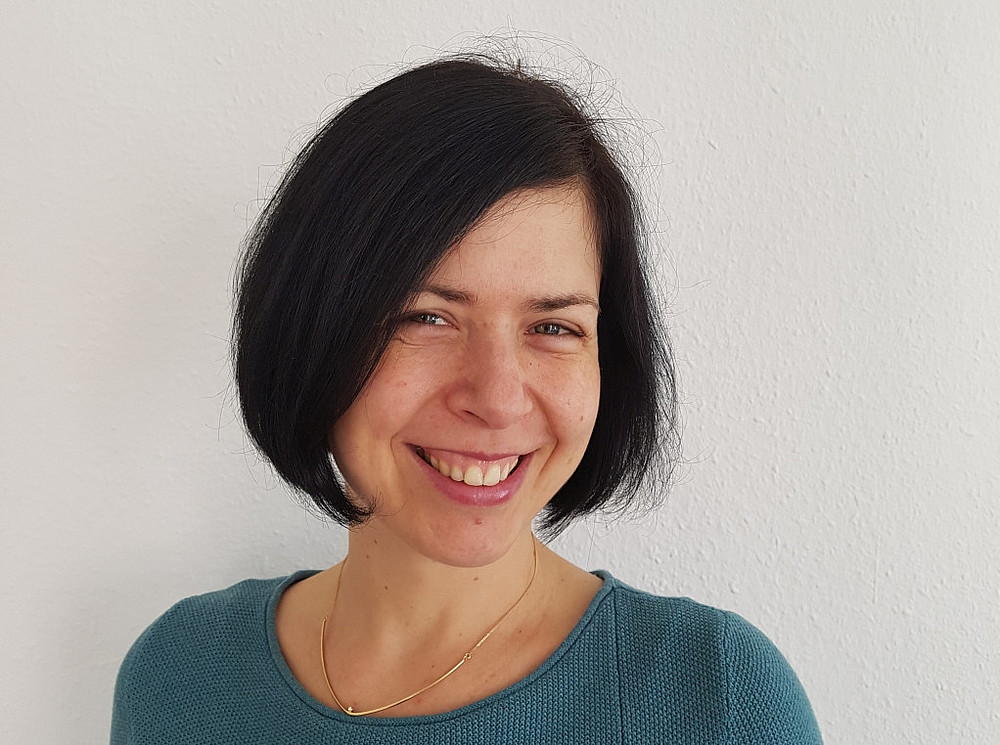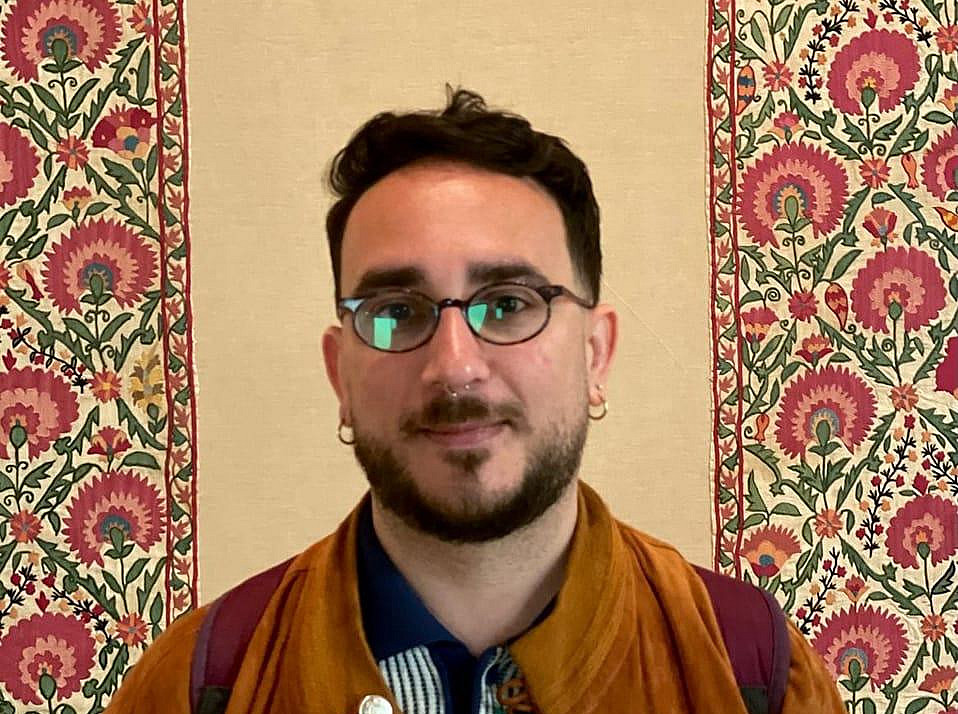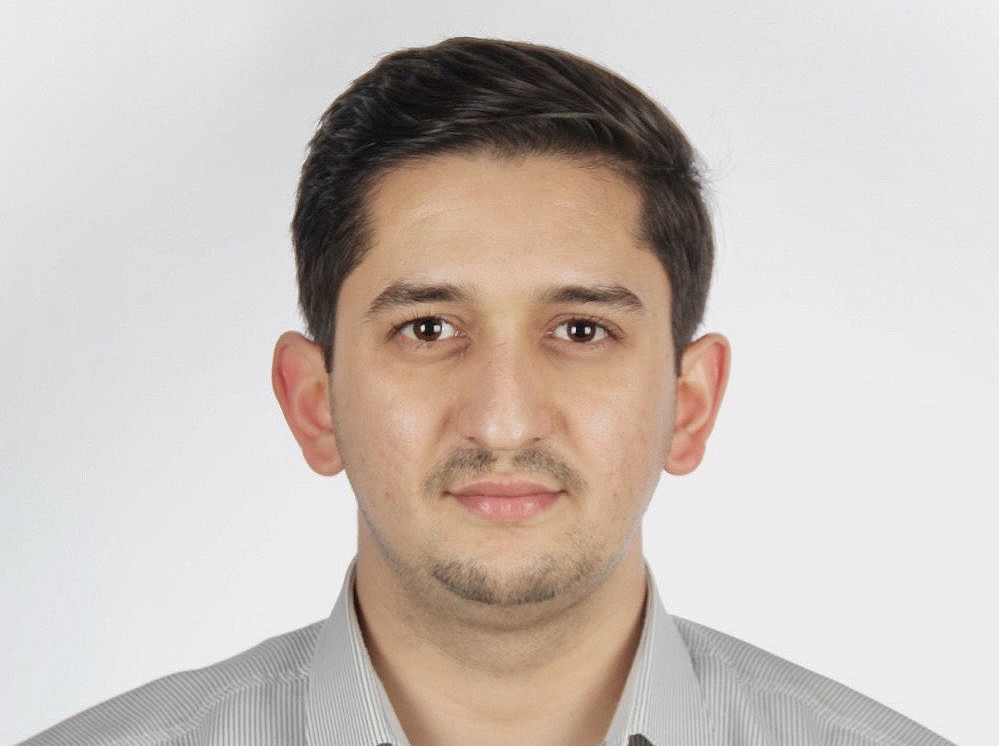Aktuelle Visiting Fellows
C. K. Martin Chung
Dr. Martin Chung is a political scientist and historian of conflict and peace in contemporary Europe and East Asia. His research interests revolve around the successes and failures of political reconciliation in different historical and relational contexts. His works are interdisciplinary and often comparative, researching at the intersections of politics and religion, collective memory and identity, public apologies and transitional justice. In his first monograph, Repentance for the Holocaust: Lessons from Jewish Thought for Confronting the German Past (Cornell University Press 2017), he explores the role of religious ideas in German Vergangenheitsbewältigung (coming to terms with the past).

In Reconciling with the Past: Resources and Obstacles in a Global Perspective (Routledge 2017, co-edited with Annika Frieberg), he analyses the ideas of apology and confession in Chinese and European contexts and the problem of their political application at present. His articles have appeared in Parliamentary Affairs, International Journal of Transitional Justice, History & Memory, British Politics, European Legacy, Jahrbuch des Dubnow-Instituts and Jahrbuch für Politik und Geschichte.
Brownbag: Comparative Reconciliation and the Normalization of Memory
Further info: https://gis.hkbu.edu.hk/people/prof-c-k-martin-chung.html

Fanni Elek
Fanni Elek is a doctoral researcher and PhD Candidate at Andrássy University Budapest. Her compilation dissertation explores the interplay between EU enlargement policy and the influence of authoritarian external actors in Serbia. Her research focuses on how autocracy promotion by these actors impact both EU policy and domestic democratic development in Serbia. She holds a BA in International Relations from the University of Szeged and an MA in International Relations - European Studies from Andrássy University Budapest.
During her Visiting Fellowship at the Centre for Southeast European Studies, she is finalizing two peer-reviewed articles: one on the EU’s shift from democracy to stability promotion in Serbia, and another on China's influence in the region through the Belt and Road Initiative. Her research combines case study methodology with theories of democracy and autocracy promotion, contributing to the literature on EU external governance and political developments in the Western Balkans.
Previously, she worked as a Research Fellow and academic project manager at Andrássy University Budapest. She has also taught undergraduate courses at McDaniel College Budapest and Marbella International University Centre and participated in the Erasmus+ Jean Monnet Network Project WB2EU. Her work has been supported by multiple scholarships, including the PhD Scholarship of the Hungarian State, the Danube Excellence Scholarship, the Carl Lutz Scholarship, and the Ernst Mach Grant from OeAD.
Brownbag: Caught in the Middle? Serbia Between EU Stability Politics and China’s Passive Autocracy Promotion
Oriane Girard
Oriane Girard is a PhD candidate in Visual Anthropology at Aix-Marseille University, affiliated with the Institut d’ethnologie et d’anthropologie sociale (IDEAS, CNRS) and the French School of Athens (EFA). Her doctoral research focuses on the history of visual ethnographic practices in Albania, particularly on photographic archives produced between 1944 and 1991. She is interested in the role of women ethnologists, in the scientific and transnational collaborations that shaped their archives, and in how socialist regimes framed both their production and circulation. More broadly, her project aims to explore the entanglements of materiality, visuality, and subjectivity in the ethnology of the Balkans during the second half of the twentieth century.


Ana Kladnik
Ana Kladnik received her PhD in history from the University of Ljubljana, after being a PhD researcher at the Institute for Contemporary History in Prague. She then worked at the Leibniz-Zentrum für Zeithistorische Forschung (ZZF) in Potsdam, at the University of Dresden and at the Institute for Contemporary History in Ljubljana. Since 2023, she has been a MSCA Fellow at the University of Graz (2023-25) and University of Maribor (2025-26). She works on modern European history (particularly East Central Europe), political and social transformation processes of the 19th–21st centuries, socialism, democratisation, nationalism, and the history of civil society. She edited Visions and Practices of Democracy in Socialist and Post-Colonial States (Palgrave Macmillan, forthcoming in 2025) and Volunteering and Voluntary Associations in Post-Yugoslav States (Comparative Southeast European Studies, 2020).
Together with Celia Donert and Martin Sabrow, she co-edited Making Sense of Dictatorship. Domination and Everyday Life in East Central Europe after 1945 (CEU Press, 2022) and together with George Bodie Volunteers Across Cold War Borders: Solidarity and Socialist Internationalism (Bloomsbury, forthcoming 2026).
Brownbag: Volunteering and Democracy in Socialist Yugoslavia
Nikos Psochios
Nikos Psochios is a Ph.D. researcher at the School of Education, University of Glasgow, UK. His PhD project, “The Borderlands of Care: Palliative Interventions, Minimalist Humanitarianism, and Education for Adult Refugees in Contemporary Greece,” funded by the Economic and Social Research Council (ESRC), explores the experiences of transit education of displaced men in Greece. Before delving into his Ph.D studies, he completed the Int. MA in Adult Education for Social Change (2021 - Erasmus Mundus Scholarship Recipient, University of Glasgow) and the MA in Education and Human Rights (2015 -National and Kapodistrian University of Athens & IoE UCL). He has professional background in community education for displaced individuals and has worked for international non-governmental and governmental organisations in Greece. Nikos’ interests include: bordering and lifelong learning; affect theories and migration; gender, sexuality, and adult education; arts-based methodologies.


Denur Paçaku
Denur Paçaku is a PhD candidate in Political Science at the Faculty of Contemporary Social Sciences, South East European University. He previously completed both his bachelor’s and master’s degrees in Political Science at the University of Prishtina, specializing in European Integration and Public Administration.
His doctoral research addresses critical questions in the fields of international relations and security, with a particular focus on how public institutions and security policies in the Western Balkans and Eastern Europe respond to the evolving challenges of hybrid warfare in the 21st century.
Beyond his academic endeavors, Denur Paçaku is a scholarship recipient and alumnus of several local and international organizations and institutions. He has actively participated in preparatory programs for researchers, schools of political thought, and research initiatives, with a particular emphasis on European studies, foreign policy, higher education, and human rights.
Denur is a member of the Roma ethnic community in Prizren and holds the distinction of being the first Roma PhD candidate in the history of the Republic of Kosovo—an inspiring milestone for both his community and the broader discourse on inclusion in academia, governance, and society. In addition to his academic and civic engagements, he maintains a strong interest in cultural activities, writing, and literary criticism.